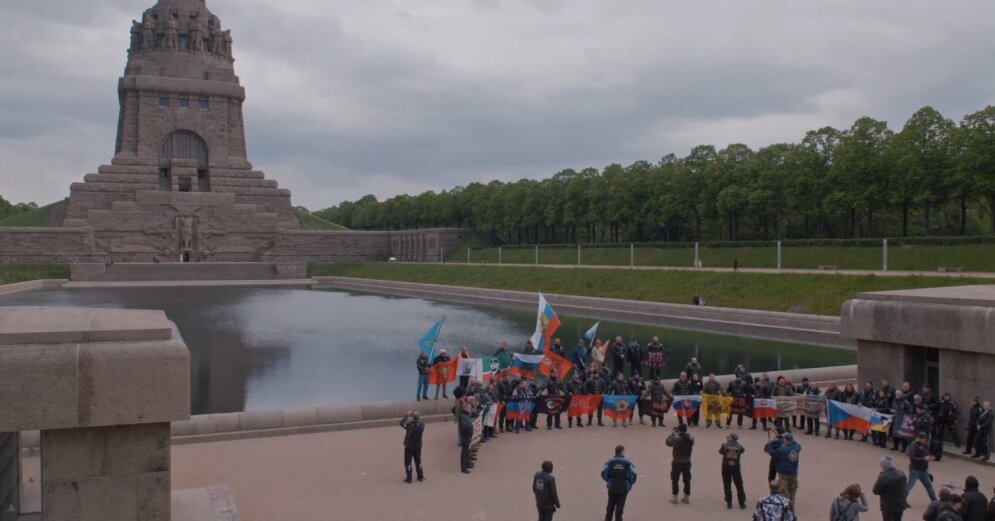On August 23, the documentary film about the Soviet man 30 years after the collapse of the USSR – “Homo Sovieticus” – will be premiered. Before the premiere of the film, on August 20, at the Lamp Festival, the filmmakers will discuss Soviet nostalgia – its political, emotional and psychological aspects.
–
–
Content will continue after the ad
Advertising
–
1991 was a turning point in Europe and the world. It was even called the “End of History”. This year, the Baltic States regained and strengthened their independent states and the USSR empire collapsed. Witnesses to the end of the last empire of the 20th century were several generations whose lives, beliefs and values were influenced by this time.
30 years have passed and director Ivo Briedis together with screenwriter Rita Ruduuš meet their peers in the former Soviet Union, who were young at the time of the collapse of the USSR and perceived this historic moment as a scenario of their lives.
Although it is believed that the political culture changes in thirty years or one generation, in recent years we have seen that Soviet arguments are deliberately used to strengthen and shape modern political ideologies both in the former Soviet bloc and elsewhere in the world. The phenomenon of the “Soviet man” has become a kind of virus that allows many to escape and take refuge in the past.
The filmmakers meet with their peers in Latvia, Lithuania, Russia, Armenia and the Czech Republic, who, in the wake of the Soviet Union, were invited to the central television of 1991 to discuss whether or not to be in the Soviet Union under Vladimir Pozner. Director Ivo Briedis and screenwriter Rita Ruduša meet people who long for life in the Soviet Union and experts – Anna Aplbaum and Lev Gudkov, who have studied the phenomenon of “Homo Sovieticus”.
Ivo Briedis describes “Homo Sovieticus” as a person who has adapted so well to totalitarianism that he cannot exist in another political system. These people feel most at ease in captivity. At first they were a product of social engineering, later they became cunning slaves who avoided any responsibility.
The director of the film is Ivo Briedis, the author of the script is Rita Ruduša. The film “Homo Sovieticus” is a joint production of the Latvian film studio “Mistrus Media” (producers Gints Grūbe, Elīna Gediņa-Ducena), the Lithuanian film studio “Monoklis” (producer Jurga Gluskiniene) and the Czech film studio Frame Films (producer Jitka Kotrlova). The main cameraman is Mārtiņš Jurevics, editing directors – Tomašs Elšīks (Czech Republic) and Toms Krauklis, music author – composer Martins Bjalobžeskis (Lithuania).
The film has been supported by the Latvian National Film Center, the Lithuanian Film Center, the Czech Film Foundation, the European Union program “Creative Europe”, Latvian Television, the Konrad Adenauer Foundation, and the Ministry of Culture of the Republic of Latvia.
The film has already been screened at the international human rights documentary film festival “One World” in Prague and will be screened at the international film festival “Astra Film” in Romania in September. As part of Artdocfest, the film will be screened in English at the Splendid Palace cinema on September 7.
The film will be shown by Latvian Television. It is planned that outside Latvia it will be seen on the channels “Current Time TV” and “Deutsche Welle”.
–


